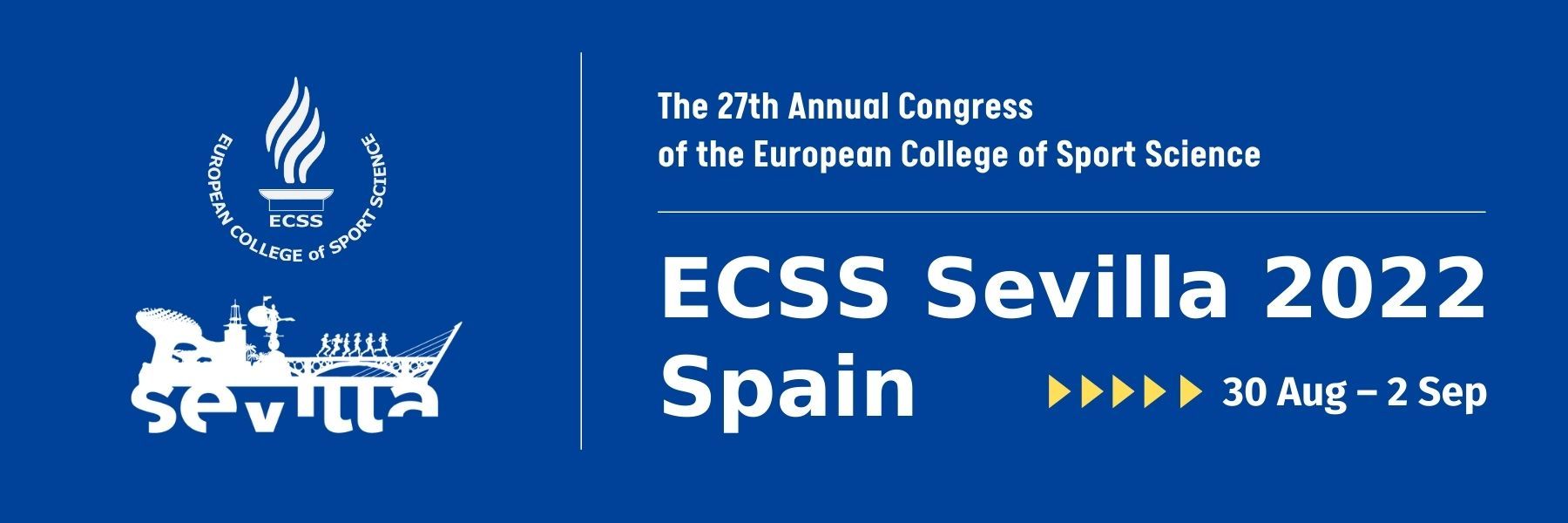Scientific Programme
Physiology & Nutrition
CP-PN05 - Energy Restriction
Date: 03.07.2025, Time: 18:30 - 19:30, Session Room: Borgo
Description
Chair
TBA
TBA
TBA
ECSS Paris 2023: CP-PN05
Speaker A
TBA
TBA
TBA
"TBA"
TBA
Read CV TBA
ECSS Paris 2023: CP-PN05
Speaker B
TBA
TBA
TBA
"TBA"
TBA
Read CV TBA
ECSS Paris 2023: CP-PN05
Speaker C
TBA
TBA
TBA
"TBA"
TBA
Read CV TBA
ECSS Paris 2023: CP-PN05

